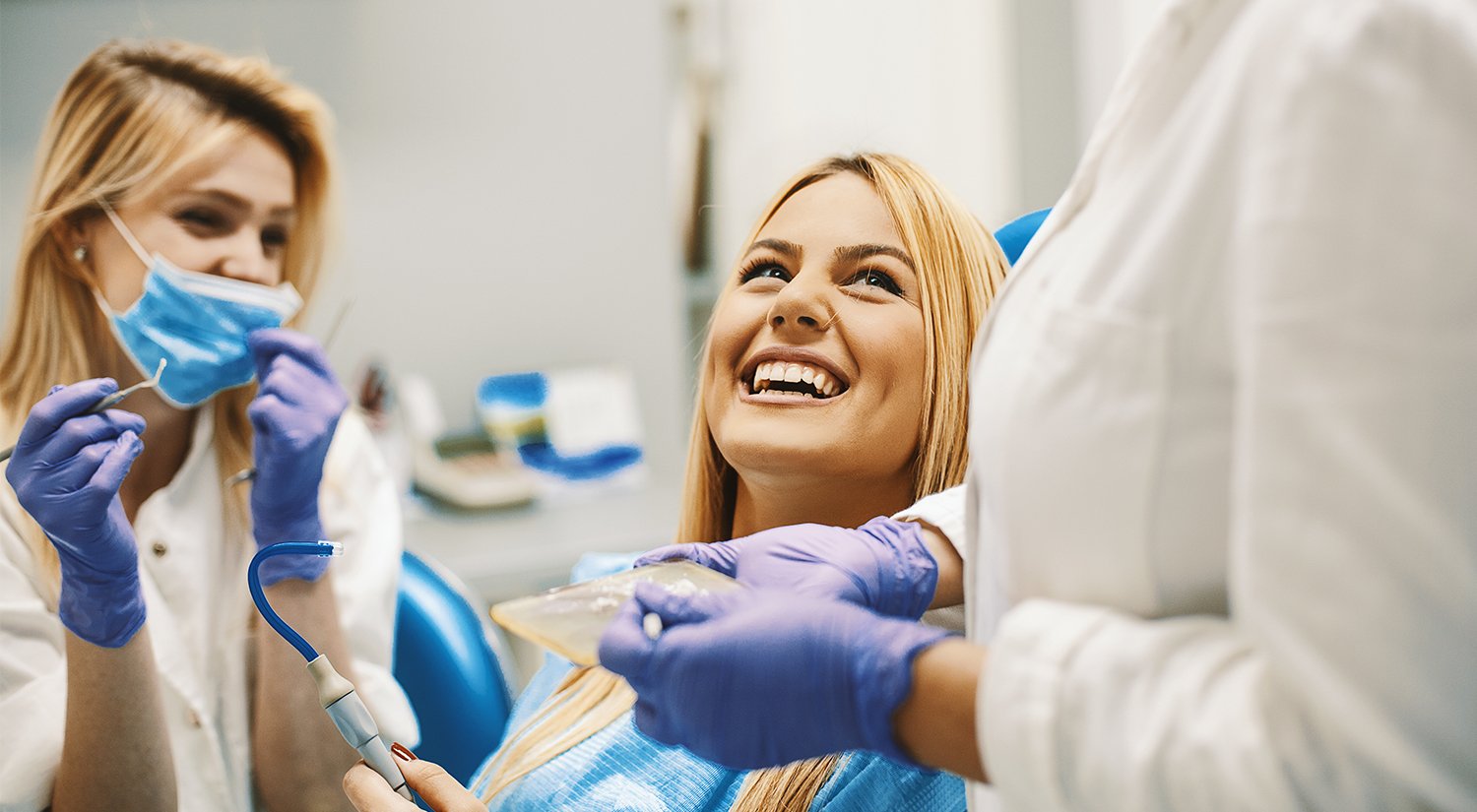The service offered by dentists is one of the most requested in the health sector, because at some point all people regardless of their age would need these specialists; however, despite being a specialty that many already know, there are certain doubts regarding the services they provide and the health of the teeth. That is why this time, we present ten questions with their respective answers from these specialists.
Which toothbrush is the best?
Today there is a great variety in terms of toothbrushes. Some people think that electric brushes are better and more sophisticated; however, this is not entirely true, since a hand brush in good condition and a good brushing technique may be sufficient to maintain a healthy and clean smile. It is also important to use dental floss daily to clean in detail the areas that brushes cannot reach.
Is it normal to have tooth sensitivity?
Many people suffer from dental sensitivity, and although it is not something that directly affects their health, it can be quite annoying, especially when eating very cold or hot things. Sensitivity can also be experienced after some cleaning or whitening. Fortunately, in all these cases the dentist can prescribe a special paste so that the sensitivity is more bearable. When it is because of a treatment, the sensitivity usually disappears after a few days or weeks.
Is it important to brush your teeth three times a day?
If you want to avoid problems that have to do with poor dental hygiene, such as dreaded tooth decay, it is best to carry out proper brushing that includes all the dental pieces. Although it is advisable to do it after each meal, even twice a day can be enough if it is done well, since in this way the formation of tooth decay and dental plaque is prevented, as well as problems of bad breath due to gingivitis. It is also advisable to floss once a day, as this can reach areas that the brush does not, so using it can have a deeper cleaning.
Is it good to use mouthwash?
If rinsing is to be used, it is important to verify that it does not contain alcohol; These liquids are indicated to combat bad breath caused by bacteria that can accumulate in the mouth. In addition, dentists say it is very important to keep in mind that these rinses in no way replace good dental hygiene, in fact their use should be after brushing.
What to do when a tooth is lost?
Nobody likes to think about the possibility of losing a tooth; however, sometimes situations occur that make this happen, such as an accident, a fight or fall, or even excessive plaque and tooth decay can be the reasons. Fortunately, today there are several alternatives so that people can recover the piece they lost and not live with insecurity due to this. Since dentures or dental implants work both aesthetically and functionally, people can eat without problems. The difference between dentures and implants is that the former can be removed and put on, while implants are a fixed treatment.
Is it true that sugary drinks damage teeth?
This is true, however it does not mean that you can never drink a soda or any other beverage that contains sugar. The real problem is the abuse over time. Drinks such as soda and coffee make teeth yellow and damage them.
Do teeth cleaning or whitening wear away the original tooth enamel?
This is not true. What happens is that after these treatments the patient may experience some sensitivity in their dental pieces due to the technique used, but this disappears after a few days and they have nothing to do with the loss of the enamel. On the contrary, cleanings and whitening allow people to have a whiter and cleaner smile, thus preventing the proliferation of bacteria and decay.
How often should the toothbrush be replaced?
Any toothbrush that is used must be changed every three months, since over time the bristles are worn out. If a toothbrush is still used after this time, it is possible that it doesn’t clean with the same strength and depth, and it is also important to keep in mind that the bacteria in the brushes accumulate over time. In the same way it is recommended to change the toothbrush after having been sick of some respiratory condition to prevent bacteria from returning. It is also important that after each brushing, this utensil is rinsed well so that no toothpaste remains.


